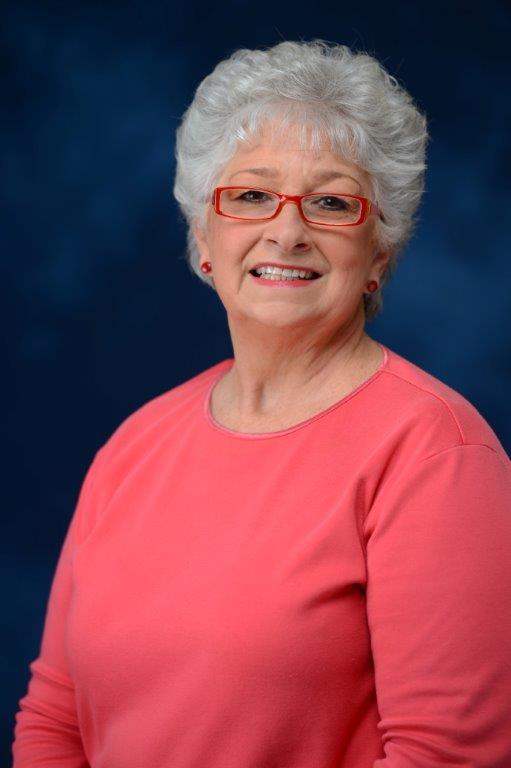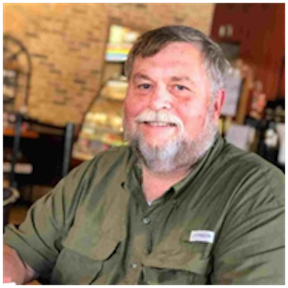Drug Court
Published 12:00 am Tuesday, November 2, 2010
By Billy Davis
17th District Drug Court, the diversion program for drug offenders, saved Carolyn Simmons from more than a conviction for forging a prescription. It saved her career, too.
Simmons, after completing the 36-month course, will keep the nurse’s license she was set to lose for trying to obtain Adderall at a Batesville pharmacy.
“It gives you hope for a future,” she said of Drug Court. “The alternative that haunted me is that a felony – it stays with you forever.”
Simmons (not her real name) and 22 other graduates received their diplomas October 25 in Hernando, in the courtroom of Circuit Judge Robert Chamberlin.
The nonviolent drug offenders were recognized for completing the intensive program, started in 2006 by Chamberlin and Ann Hannaford Lamar, now a justice on the Mississippi Supreme Court.
George Carlson, a Batesville native and current Mississippi Supreme Court justice, served as keynote speaker for the graduation.
Carlson urged the graduates to be a “positive witness” to others who are struggling with drug addictions.
Four of the most-recent Drug Court graduates came from Panola County Circuit Court, said program coordinator Craig Sheley.
There are 234 participants in the 17th District right now, Sheley said. Thirty-four drug courts are operating across the state, with 21 accepting adults and 13 accepting juveniles.
Thirteen participants graduated last year and 23 this year in the 17th District, making an 84 percent completion rate so far, Sheley said.
Drug Court participants pay their own way, forking over $100 a month to remain in the program, plus paying off court fines during the first 18 months.
Sheley pointed out that the Miss. Department of Corrections spends $15,000 a year to house a prisoner while the Drug Court program costs $2,500 a year per enrollee.
The 23 graduates have together paid $45,909 in court fines and have paid $82,955 to remain in the program.
A second October 25 graduate, when he enrolled in Drug Court, said he was facing a 16-year sentence for possession of crack cocaine.
The recent graduate, “Ronnie,” said he had failed similar programs before. He had completed a rehab program in 2007, then relapsed in 2008. Before that, he was kicked out of a Tri-Lakes program during a brief stay there.
Along the way, he left behind three marriages, a middle management job, and friends and family.
“Life is totally different now,” said Ronnie, 45. “I have a good relationship with my family.”
The key to overcoming addiction? “Responsibility,” he said. “I had to take responsibility for my actions. I had to grow up.”





